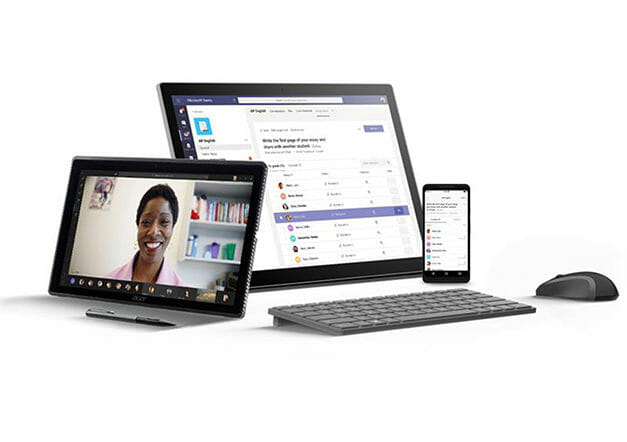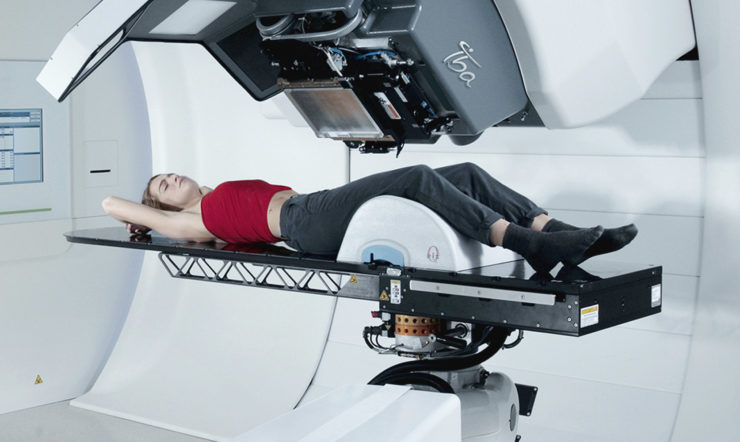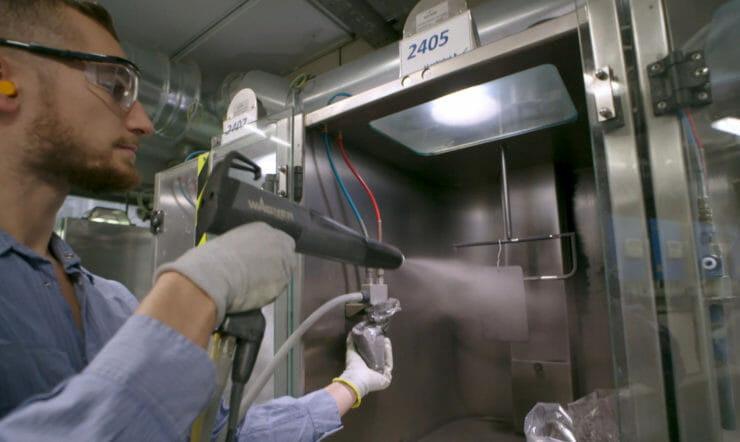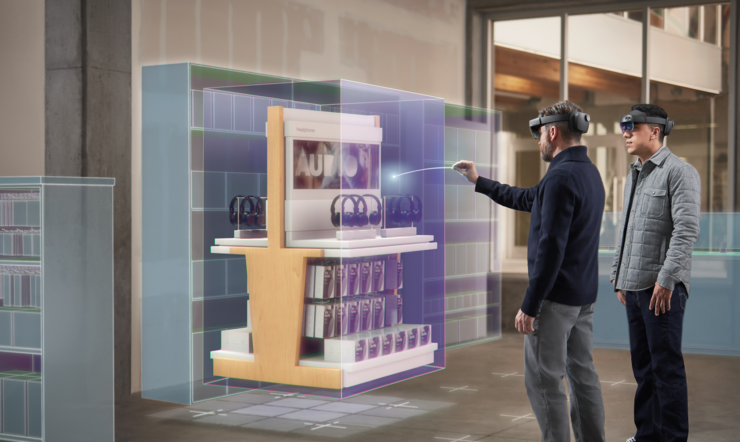“We’re selling a Software-as-a-Service that needs to scale with our growing customer base and expanding service offering. That used to mean adding or removing virtual servers – but with Kubernetes, that scaling happens automatically without anyone pushing a button.”
Ville Hämäläinen, CTO at Finnish retail optimization company RELEX Solutions, is talking about redeploying his company’s cloud-native RELEX Living Retail Platform in Kubernetes and how it’s helping strengthen relationships with retailers.
“Our founders saw a gap in the market for a data-driven platform that could help retailers automate and optimize their operational decisions,” he says. “That became the foundation for the demand forecasting, supply chain planning, merchandise planning, and workforce optimization services we offer today –a unique Software-as-a-Service (SaaS) that keeps retailers optimized and one step ahead of the competition.”
In 2019, RELEX’s cloud provider began expanding its own retail services on a global scale, creating a conflict of interest. The company quickly needed to migrate its infrastructure to a new cloud provider, sparking RELEX to explore the benefits of redeploying its analytics services in Kubernetes.
A business built on data
Founded in 2005 by a team of supply chain scientists, RELEX is an AI company that offers data-driven SaaS products to help retailers automate and optimize their key planning processes.
RELEX has continued to grow its service offering over the years by acquiring other analytics companies, most notably Galleria RTS in 2016 to integrate its retail space optimization solutions, and Zenopt in 2019 to incorporate its workforce optimization solutions. By combining these additional services with RELEX’s demand forecasting and supply chain optimization, the company can now automate and optimize all key retail planning processes.
“The acquisitions helped us expand our RELEX Living Retail Platform to support retailers in four core areas,” explains Hämäläinen. “Accurately forecasting demand in all stores and online channels, enhancing their supply chain to make sure every warehouse and store is correctly stocked, optimizing the number of products and placement on each shelf to boost sales, and deploying their workforce to match customer service and goods handling work.
“By making these processes more efficient on the same platform we can ensure that they are continuously aligned with the same view of future demand as well as drive additional benefits through cross-functional optimization.”
The Living Retail Platform has an advanced ecosystem of retail insights that helps it make pragmatic AI planning decisions for a variety of different industries.
However, when RELEX’s own cloud provider became a direct competitor to its clients, the company decided to protect its client relationships by migrating its services to Azure.
Migrating to an open-source solution
Migrating to Azure has allowed RELEX to both take a loyalty stance with its retail clients and also redeploy its entire infrastructure in Azure Kubernetes Service (AKS) – giving the platform new options in terms of scalability and flexibility.
With no in-house knowledge of AKS however, the company first needed to find a partner to help build this new architecture in Kubernetes and Polar Squad proved to be the best fit for RELEX’s needs.
“Before Kubernetes, businesses would have a lot of automation and scripts built in-house to manage this sort of scaling,” explains Erno Aapa, COO at Polar Squad. “Now this can all happen as standard – and as AKS is an open-source tool, companies like RELEX can choose how they want to scale and deploy in the cloud.
“AKS has also helped standardize the environment where different development teams build RELEX’s software,” he says. “If anyone needs to share information or switch teams, everyone’s already working on the same platform, giving them familiarity with the tools and features everyone is using.”
“In many ways deploying everything in AKS has changed everything – even the dynamics of how we work,” adds Hämäläinen. “We now have one service team in charge of the Kubernetes platform who set the policies and maintain the code base, as well as help other developers use AKS in the best way.
“So far everything has gone smoothly and there hasn’t been any kind of change resistance from our developers.”
Making the most of Microsoft’s expertise
As a managed Microsoft partner, both RELEX and Polar Squad now have unrestricted access to Azure experts such as the Global BlackBelt team and Microsoft FastTrack team. They help ensure that any issues are quickly addressed and solutions can be put in place whenever needed.
“We have regular meetings with Microsoft to help us with more specific technical developments, such as utilizing the additional graphical processing in Azure that our planogram solution needs,” explains Hämäläinen.
“This is a hardware function we used to need an on-premises server to achieve, but through Azure we now have access to that same GPU power from the cloud.
Re-evaluating what a cloud provider can offer
As RELEX’s Azure migration continues into 2021, the company is operating in a hybrid-cloud approach with some workloads still hosted in its own data centers. This is allowing the company time and flexibility to rearchitect the many technical layers of the Living Retail Platform, without reducing its data services to retailers.
“This will probably remain the strategy as long as it delivers its current cost advantages. But the goal is still to move more into the public cloud so we can take more advantage of the managed services Azure offers and have every system running on the same platform,” says Hämäläinen.
“Some things like our in-memory database will probably stay in the private cloud for a while as it has huge memory requirements. But that hasn’t stopped us exploring what migrating it to Azure would look like and building a roadmap of where we want to be in the future.”
This project has also strengthened the partnership between Microsoft and Polar Squad, helping the DevOps company see new opportunities in Azure and more recently become a Certified Microsoft partner.
“Three years ago, when we started Polar Squad, our focus was purely on other non-Microsoft cloud providers,” says Aapa. “Now that’s completely changed within our company. There’s a strong sense of collaboration with Microsoft that we didn’t feel before, and many of our people are getting Azure certificates so we can help other companies like RELEX with their cloud native and DevOps transformations in the future.”




























